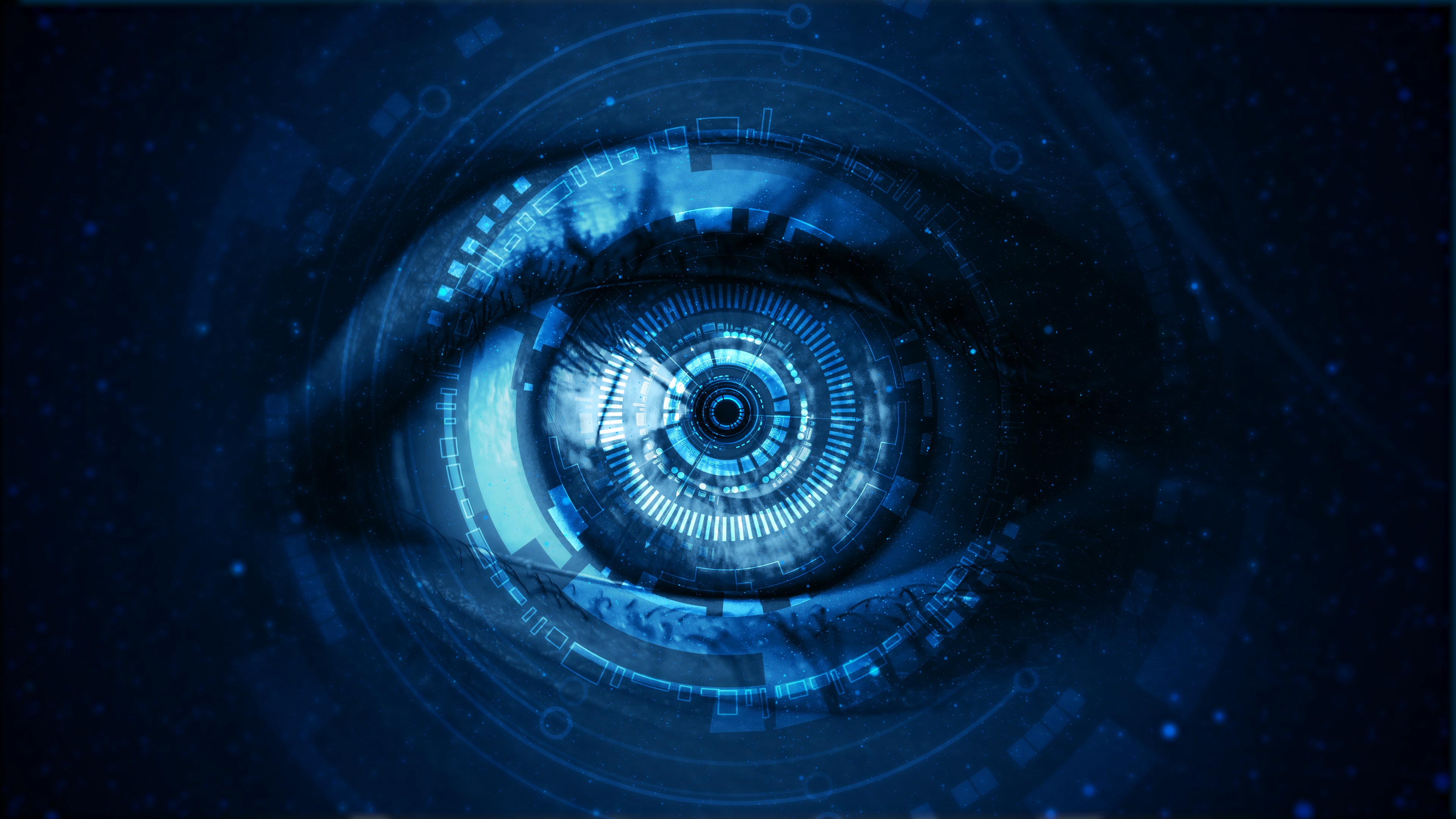
Infosys consulting the future of Artificial Intelligence and automation in healthcare
The greater use of Artificial Intelligence, machine learning and robotic process automation (RPA) in healthcare doesn’t mean we’ll end up.
Artificial Intelligence and other new technologies can change the way that patients interact with doctors and the wider healthcare system, the most significant changes have happened at that automation and simplification level.
Healthcare sectors have great potential for adopting new technologies such as AI, machine learning and automation, particularly with regards to driving down operational efficiencies, enhancing quality of care and patient engagement, as well as reducing cost of care.
Artificial Intelligence and automation in the healthcare industry: intelligent process automation, standardisation of the way in which patient data is classified, optimising patient treatment, and interfacing with patients.
Across this value chain is where you see a different emphasis on those four trends, and the achieving of efficiencies and effectiveness that AI technology can bring. It also expedites the adoption of technology.
Automation, RPA and IPA should really be running all of the various solutions in the background. From the payer perspective, it’s about collecting information, registering people, allowing one-point access to past information and so on said by Gikopoulos.
Gikopoulos explains, biggest problem across the entire healthcare value chain is being able to call the same thing the same name at every stage of the process, so underlying or diagnosed conditions of a patient, the effect of different treatments – or a lack of treatment – has had in the past and so on.
ML is used at the payer/patient or hospital/patient interface to analyse data, often provided by patients, and to provide informed reactions and decisions on that data.
Gikopoulos further says, the biggest difference will come from the use of machine learning to standardise patient data and provide insights into questions that we never knew existed. It could be a real revolution.



